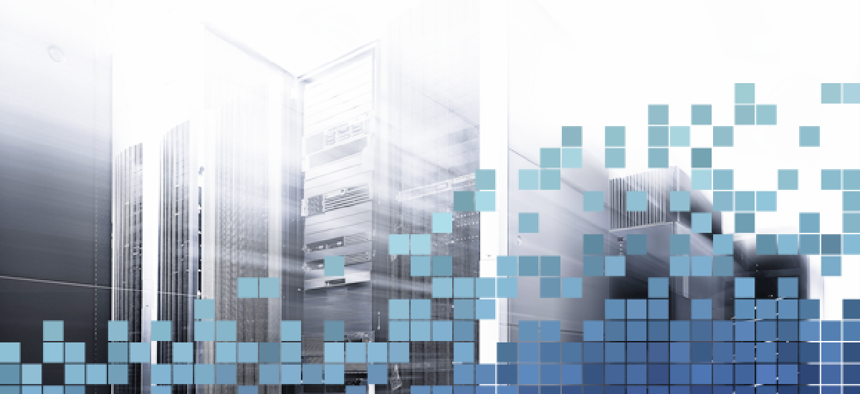Los Alamos lets users customize the supercomputer software stack

New 800-line Charliecloud program uses a container approach to let big data users package their own stacks in isolation from the host operating system.
For all their power, supercomputers require specialized software and applications, which makes it difficult for users running big data analyses – which comes with its own set of frameworks and dependencies -- to take advantage of the hardware.
To make it easier for researchers working with big data to use supercomputers, developers at Los Alamos National Laboratory have created a program called “Charliecloud” that uses a container approach to lets users package their own software stacks. Those tailored stacks then run in isolation from the host operating system, according to Reid Priedhorsky, lead developer with the High Performance Computing Division at Los Alamos.
“Charliecloud lets users easily run crazy new things on our supercomputers,” he said.
Researchers install the open-source Docker product on their own system and customize the software stack as they wish. They then import the image to the designated supercomputer and execute their application with Charliecloud, which is independent of Docker. This maintains a “convenience bubble” of administrative freedom while protecting the security of the larger system, Los Alamos officials said.
“This is the easiest container solution for both system administrators and users to deal with,” said Tim Randles, co-developer of Charliecloud, also of the High Performance Computing Division. “It’s not rocket science; it’s a matter of putting the pieces together in the right way. Once we did that, a simple and straightforward solution fell right out.”
Charliecloud is very small, only 800 lines of code, and is currently being used on two Los Alamos supercomputers, Woodchuck and Darwin.
“Not only is Charliecloud efficient in compute time, it’s efficient in human time,” Priedhorsky said. “What costs the most money is people thinking and doing. So we developed simple yet functional software that’s easy to understand and costs less to maintain.”
More information on Charliecloud is available here.
NEXT STORY: DISA signs on for milCloud 2.0






